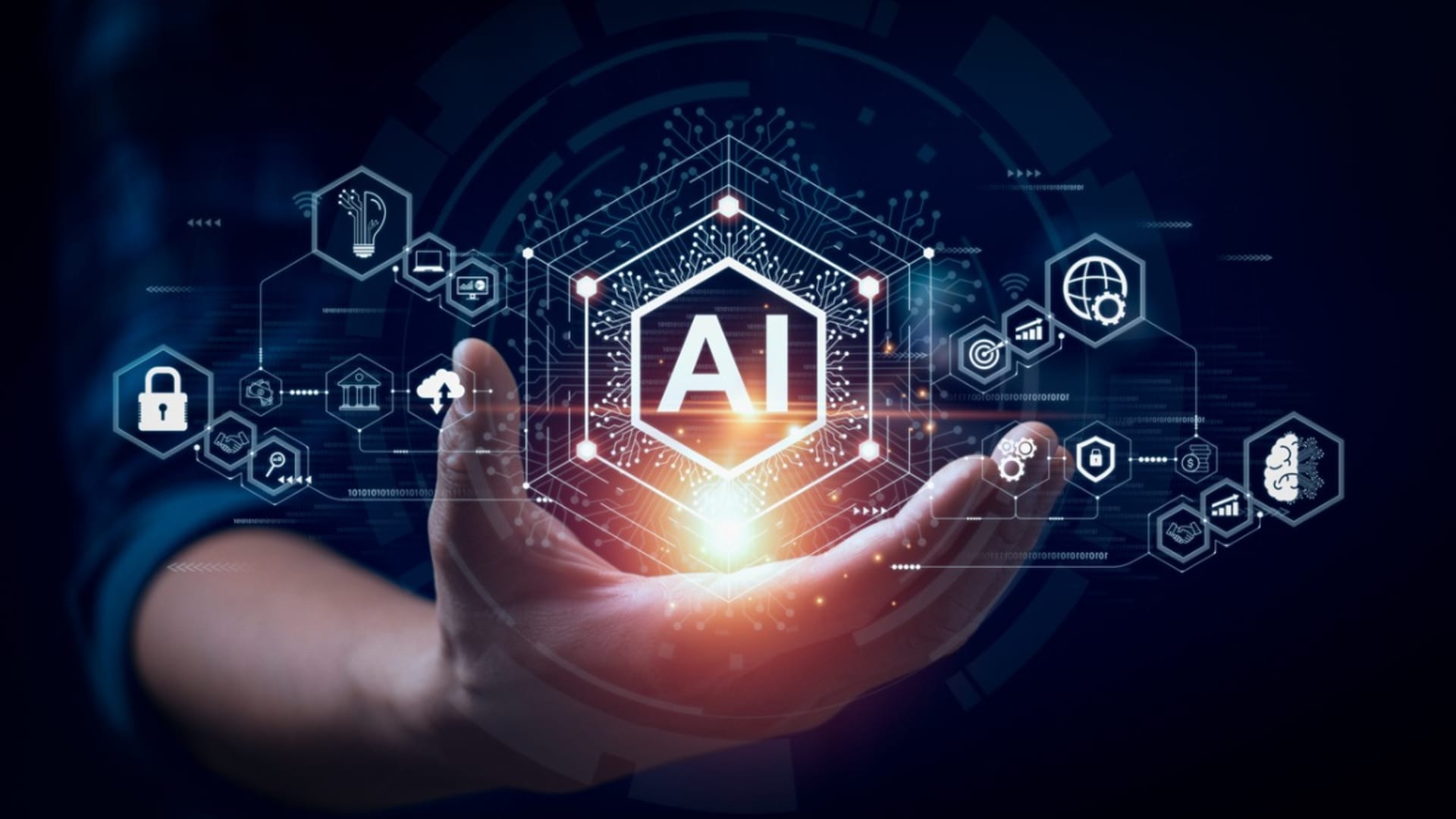Even when a lot of people are already convinced that artificial intelligence (AI) will revolutionize the entire business landscape, there’s a considerable amount of companies that still feel like the tech is mostly a B2C thing. Nothing could be further from the truth. While B2C can certainly gather more data that can be then leveraged with AI, B2B companies can use this technology in many inventive ways to revamp their operations.
We should know. At BairesDev, AI has been instrumental in the development of many of our projects for enterprises, mid-sized companies, and startups. We’ve used it in our clients’ products but we also employed it to power some of our inner processes. So, as a B2B company, we can assure you that AI can certainly boost your B2B efforts. Here are 5 ways in which that can happen.
#1 Improved Customer Support
Although AI-driven customer support is something that most people would associate with B2C companies, it’s also a perfect fit for B2B businesses. With AI solutions such as chatbots, your B2B can provide a level of customer support that keeps you competitive. The benefits of using AI for customer support go beyond the swift resolution of minor issues: with it, you can access automated metrics, revamp your customer service operations, and even provide a more personalized customer experience.
AI-based customer support isn’t just about chatbots, either. Using AI to provide better services to your clients means that you should leverage this technology in any opportunity you can find. For instance, you can use AI to automate communications that remind clients of upcoming expiration on contracts and employ machine learning to offer tailored solutions. After all, customer support is more than just issue remediation – it’s about providing superb experiences.
#2 Online B2B Commerce
Buying products and hiring services online is a mundane thing for the B2C world but it’s been a fairly strange experience for B2B companies. Sales in the B2B space are traditionally conducted with a more in-person approach, with several calls, meetings, and whatnot. But if the pandemic has shown us anything is that you can sell B2B products and services online just the same. It only needs you to take a page out of the B2C book and devise how to translate that in-person feel to the online experience.
Naturally, AI can help you with that. B2B companies can align their selling strategies using data-driven insights and smart automation that keep a consistent experience, especially around pricing. Using known lead and customer data, you can offer a customized experience for each visitor, preparing an offer for each of them that’s tailored specifically to their unique needs. This doesn’t mean that you won’t be needing the human touch to close the deal but smart AI-based solutions can take you closer to that moment.
#3 Better Business Processes
Customer support and sales are just two of the many areas that can benefit from the inclusion of AI in your B2B business. That’s because AI can help wherever there it’s data or repetitive tasks. Thanks to subsets like machine learning, deep learning, and natural language processing, you can deploy AI at any point within your workflow and discover opportunities for improvement.
Manufacturers, for instance, can use AI’s predictive analytics to enhance their maintenance efforts and reimagine their supply chains for maximum efficiency. They can also use AI-powered robots to automate repetitive tasks across their operations. What’s more – you can also use AI to gather in-house data about how your staff uses your digital environment and detect which tasks are repetitive enough to be automated. There are a lot of things you can do with AI, you only need a custom software company that helps you develop the idea you have in mind.
#4 More Powerful Marketing Initiatives
B2B companies might not be as known for their impressive marketing stunts as their B2C counterparts but that doesn’t mean they can deliver powerful marketing campaigns. That’s especially possible thanks to AI, which allows you to gather data from your website, social media accounts, and contact databases to better understand your audience, find its pain points, and identify their preferred channels for engagement.
AI is at the core of hyper-personalized marketing and B2B companies should take note of that. In other words, you should start considering using AI not just to know your audience better but also to define strategies for engagement, including the delivery of relevant content at the proper time and through the right channels, which can do a lot of the heavy lifting for you and drive leads to your sales funnel.
#5 Optimized HR
Finally, there’s the human resources field, where AI can make a true difference and help you manage your company’s most crucial aspect. We should know about that – BairesDev uses AI to sift through more than a million candidates that apply to work with us each year. Thanks to AI, we can find the very best among them, thoroughly interview and test them, and find the crème de la crème: the Top 1% of tech talent that makes up our entire team.
You can do that too. AI can help you optimize your hiring efforts by scanning resumes and credentials to find the best matches for your job openings. But that’s not all. You can also use AI to gather information about your current staff, their performance, and their feedback. That way, you can automatically identify opportunities for improvement and build a more satisfying employee experience.
Don’t Sit the AI Revolution Out
If you want your B2B company to be competitive today, you can’t ignore AI anymore. You have to leave behind the assumption that artificial intelligence is mostly for B2C companies. There are plenty of potential uses for the B2B space waiting for you to discover and employ them. Sure, some of them will require you to develop them yourself, but that’s where BairesDev comes in.
As a custom AI software development company, we know how to leverage artificial intelligence to revolutionize your processes and overall workflow. We’ve worked with enterprises, mid-sized companies, and startups and helped them embrace AI to reach their peak performance and increase their efficiency. And we’ve used AI in our own processes while working on those solutions which makes us our best case study about the use of artificial intelligence in B2B.
If you enjoyed this, be sure to check out our other AI articles.






